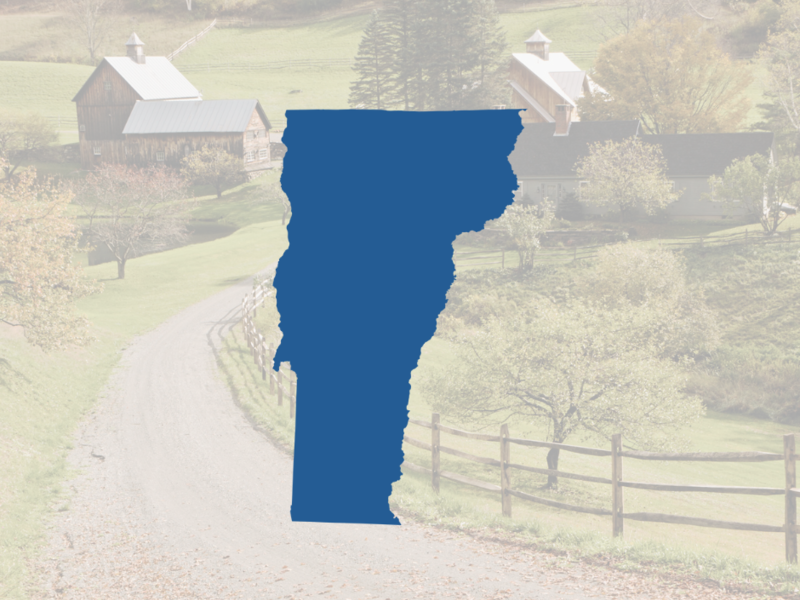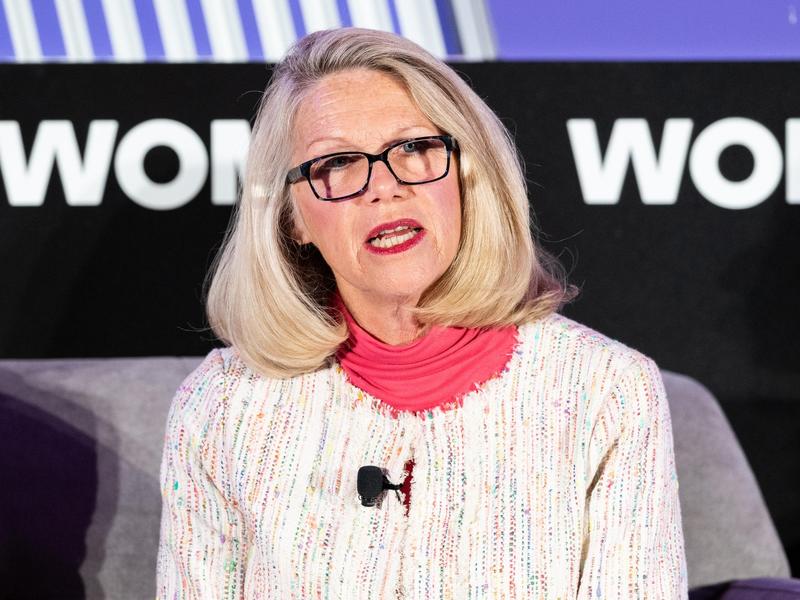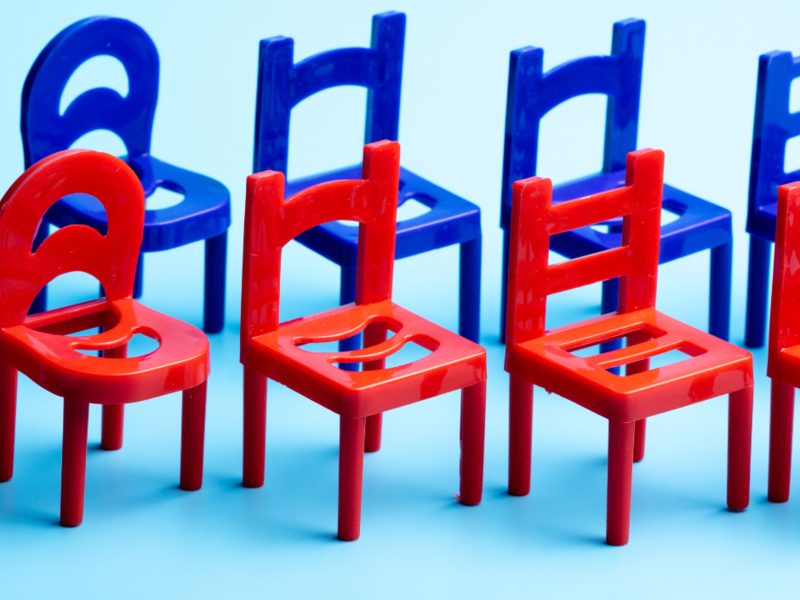
As recently as a decade ago, the marriage-equality movement looked like a long, tough slog. Today, about 55 percent of Americans support same-sex marriage; it is now legal in 17 states, seven of those having acted in the past year alone. The civil-rights journey for African-Americans took more than a century. The women’s suffrage movement began in colonial days and wasn’t finished until the early 20th century. But the equal-rights movement for gays gained momentum in what seems like the blink of an eye, beginning with the Massachusetts Supreme Court’s 2003 decision allowing same-sex marriage. Indeed, it’s hard to trace much public political advancement before the 1969 Stonewall riots in New York City’s Greenwich Village. This movement has snowballed at a dizzying pace.
As a straight, ideologically middle-of-the-road, white male, born in the South in the early 1950s, I had little predisposition to support same-sex marriage. For most of my life, until the 1990s, I didn’t really think much about it. My feelings were characterized more by ambivalence than skepticism. The issue didn’t seem terribly relevant to me, a feeling that was probably pretty commonplace at that time.
My personal odyssey on gay rights started in 1998 when I offered a job to a woman I had met a few months earlier. She was the political director for a major national advocacy group. The woman was smart, highly professional, and impressive. I didn’t have any idea about her sexual orientation. It certainly wasn’t an issue for me. I just never thought about it. Before she accepted the offer, she met with my two female coworkers and asked, “Would it matter to Charlie that I am gay?” They replied that it wouldn’t be an issue.
She came to work with us and became not just a colleague but also a close friend. And, like many semi-clueless straight guys, I also came to learn a lot about the challenges facing gay people, even those who live in urban areas and have supportive bosses. In 1999, I went to a commitment ceremony, my first, for her and her partner on the Eastern Shore. At that time, not only were they unable to be legally united but I couldn’t put her partner on our company health care plan — even if I paid more for it. This wasn’t just an issue of fairness; it also put small businesses like The Cook Political Report at a competitive disadvantage. It was easy to understand why business got far ahead of politicians on this issue.
Last year, this couple had a long overdue — and legal — wedding in the District of Columbia. Political operatives in both parties and journalists from every major news organization in town attended. Everything was as normal as any other wedding. Her spouse is also now fully covered by our health care plan.
To me, one of the keys to this gigantic change in public attitudes is role models. As more and more straight Americans came to be aware of, and got to know, gay couples — homeowners, many in longtime, committed relationships, and parents living as “normal” a life as anyone else — it just began to seem not different. It was no longer so unusual, so “unnatural” or, for some, so threatening. And in every region; in conservative, moderate, and liberal families; among Democrats and Republicans; across all economic, social, and racial lines, it just started to be more common. A national conservative activist recently told me of visiting campus chapters of an extremely conservative organization in a Southern state, and asking students about same-sex marriage. None seemed to have a problem with it. Recently, a very high-level GOP operative confided that he couldn’t think of a national race where he would use the gay-marriage issue against a Democrat. That’s an amazing departure from just 10 years ago, when the issue was used as a powerful political wedge.
My kids grew up with this coworker friend and her partner, who came to our house for cookouts, birthdays, and office parties, and I don’t remember ever having any conversations with them about it — or about the gay couple living next door (who are far better neighbors than their predecessors). Years later, when one of our sons told me of participating in a class debate on same-sex marriage, with some trepidation I asked him which side he took (you never know about teenage boys). He replied indignantly, “For it, of course,” offended that I would even think he might not be. I smiled to myself, thinking, We raised him right. To our children, having gay friends was no different than having African-American, Latino, Asian, left-handed, short, or tall friends. It just didn’t matter. I rather doubt that my late parents or grandparents would have had quite that same view.
In my opinion, what has happened is attitudinal change based on generations and personal life experiences. Almost every family has a son or daughter, niece, nephew, cousin, next-door neighbor, coworker, or classmate who is gay, and most likely quite a few at that. We’ve come to think it’s as normal as anything else. Because it is.









Subscribe Today
Our subscribers have first access to individual race pages for each House, Senate and Governors race, which will include race ratings (each race is rated on a seven-point scale) and a narrative analysis pertaining to that race.